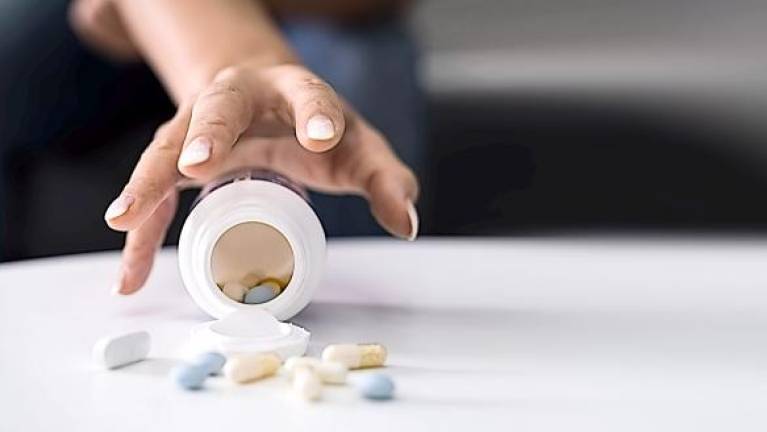(AP) The Covid-19 pandemic’s myriad effects on society and the economy have accelerated Pennsylvania’s other tragic public health emergency — deadly opioid addiction.
State Department of Drug and Alcohol Programs Secretary Jennifer Smith disclosed recently that 2020 might have eclipsed 2017 as the state’s worst year for drug overdose deaths. In 2017, more than 5,400 Pennsylvanians died from overdoses, mostly of opioids. Due to increased treatment, new prescribing protocols, prescription tracking and broad access to the opioid antidote naloxone, the death toll fell to 4,400 in 2019, before the COVID-19 pandemic began a year ago.
The state officially has recorded 3,954 overdose deaths for 2020, but Smith said that count is far from complete and is certain to rise. In 2019, the daily Pennsylvania death toll from overdoses had declined to 11 people a day in 2019 from 14 people a day in 2017. Smith said the incomplete 2020 figures stand at 13 a day.
The Centers for Disease Control and Prevention has reported more than 81,000 overdose deaths nationally for 2020, a record.
Simply put, the pandemic has wiped out significant progress that the state government, the medical community and activists had made against opioid addiction.
Social isolation, unemployment, increased poverty and reduced access to treatment all have contributed to the higher death toll, according to Smith.
As increasing vaccine distribution begins to turn the tide against Covid-19, state and local governments and the health care community must prepare to pick up the fight against the earlier crisis, just as aggressively as in the past.
State lawmakers, using proceeds from pending settlements with pharmaceutical companies and other entities that spawned the epidemic, should ensure that the agencies and people on the front line of the crisis have all the resources that they need, and that anyone seeking short- or long-term treatment to control their addiction has ready access.
Scranton Tribune
